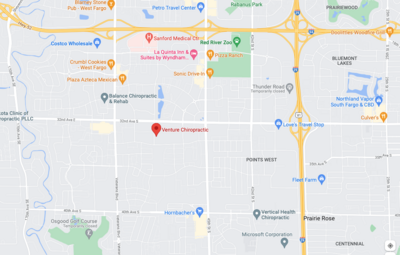
Feeling sick? Feeling depressed or anxious? Fertility issues? Do you struggle with acne? Think zinc! This is a vital mineral that may not be as present in high enough quantities in the foods we eat to meet our body’s needs. Foods are only as nutritious as the soil they are grown in and with soil health decreasing so are vital nutrients in our foods. This isn’t a fad mineral that will only be important during the COVID era but is important for us to get optimal amounts all the time. We will discuss below the primary roles that zinc plays in the body to keep us healthy.
Immune Health
The most important function that zinc plays in the body is supporting immune health. Adequate levels support T cell development and function, in addition to neutrophils and macrophages. T cells are a type of white blood cell that seeks out and destroys invaders and infected cells in the body. Our body is constantly scouring the body for invaders and is working endlessly to stop them. Zinc also helps immune cells communicate with each other. Deficiencies in zinc can increase one’s risk of infection.
Mental Health
Numerous studies support the importance of zinc for mental health. Zinc plays in important role in reducing depression, anxiety, mood disorders, ADHD, aggression, and impaired memory. Zinc deficiency has also been found in individuals with Alzheimer’s disease. Zinc activates hormonal signaling and supports brain functions like appetite, sleep, cognitive function and mood regulation.
Skin Health & Sperm Health
Zinc has anti-inflammatory and antioxidant properties. Due to this it is an important mineral in helping with treatment of skin conditions such as acne, eczema, and molluscum (very stubborn virus). Zinc is a popular product in topical diaper creams and sunscreens. Studies have also supported that adequate levels of zinc correlate with high sperm counts and better sperm health.
Children’s Health
Zinc plays an important role in sensory aspects such as taste and sound. When a child is a picky eater, poor appetite, prone to eczema, dislikes types of clothing such as jeans, ties, and tags, sensitive to sounds such as vacuuming, and has slow weight gain it may indicate a zinc insufficiency. Loss of taste is one of those symptoms individuals have been also reporting when testing positive for Covid. It is important to seek food options first, but if needed zinc supplementation may be recommended.
Foods High in Zinc
- Oysters
- Beef
- Chicken
- Tofu
- Pork
- Nuts and seeds
- Lentils
- Oatmeal
- Mushrooms
- Yogurt
Remember more doesn’t equal better. It is important to make sure we are consuming appropriate amounts – think food first then supplementation. To help to fill the gaps our foods do not fill, we may need some additional support to help. It is also important to remember not all vitamins are created equal and no two people need the exact same thing.
We are here at Venture to help you navigate the confusing world of vitamins and supplements. We can help you get the appropriate dosage, form, and have blood testing that can help guide us and eliminate guessing! Ask us how we can help you move better, feel better, and be a better you!
–Melanie Dockter DC, CACCP
References:




